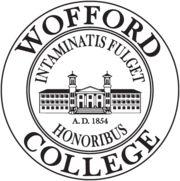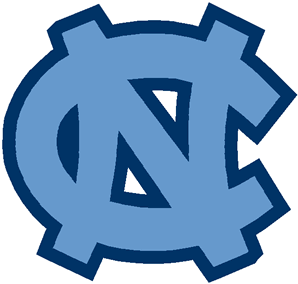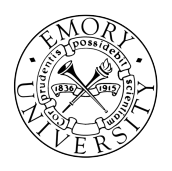Midlothian Mining Company
https://www.midlomines.org/historic-overview.html
Photo and excerpt coming soon. See link for now.

https://www.midlomines.org/historic-overview.html
Photo and excerpt coming soon. See link for now.

https://www.npr.org/templates/story/story.php?storyId=89051115
Photo and excerpt coming soon. See link for now.

https://www.propublica.org/article/firestone-and-the-warlord-chapter-2
Photo and excerpt coming soon. See link for now.

https://www.ethicalconsumer.org/money-finance/banks-historical-links-slave-trade
Photo and excerpt coming soon. See link for now.

Photo and excerpt coming soon. See link for now.
https://www.standard.co.uk/business/greene-king-loyds-london-apology-slavery-links-a4472446.html

Wofford College professor James H. Carlisle’s purchase of a 56-year-old slave woman named Nancy. He bought her for $175 in 1857. It isn’t known why Carlisle made the purchase, but the curators think she was probably a house servant.
Other items relating to slavery include an advertisement for a Charleston slave sale in 1852 and a listing of slaves from the Spring Garden plantation in Florida from 1829.
“The most interesting thing, to me, in the exhibit is the journal of the slave trader,” said Philip N. Racine, Wofford professor emeritus of history. “I have not run across anything like that in any of the archives I have found for Spartanburg County.“ Join the conversation!

The University of Chicago remains mired in the stance toward its origins in slavery that it has held since its founding in 1856: embarrassed denial.
The administration’s secret, unilateral decision to remove two Douglas monuments from public view (something that students, faculty, and community organizations had never publicly demanded or been consulted about) can only be read as an attempt to erase, rather than contend with, its ties to slavery. Join the conversation!

To build its campus in the late 1700s, the University of North Carolina at Chapel Hill used the forced labor of hundreds of enslaved people. Now, a descendant of some of those slaves is calling on the university to make a move toward equality by paying for the education of all such descendants.
“The university sold people in order to help fund the university, and then to actually help build the buildings of the university, the university rented enslaved people from nearby plantations.” Join the conversation!

The underpinnings of “Slavery and the University” are Emory’s own historical ties to slavery, established when the college was founded in Oxford, Georgia in 1836. One of the organizers of the conference and the community research fellow at TCP, Melissa Sexton, concedes that “history has shown that a lot of the people in and around Oxford College were slaveholders and it looks like some of the buildings were built by slave labor.” Join the conversation!